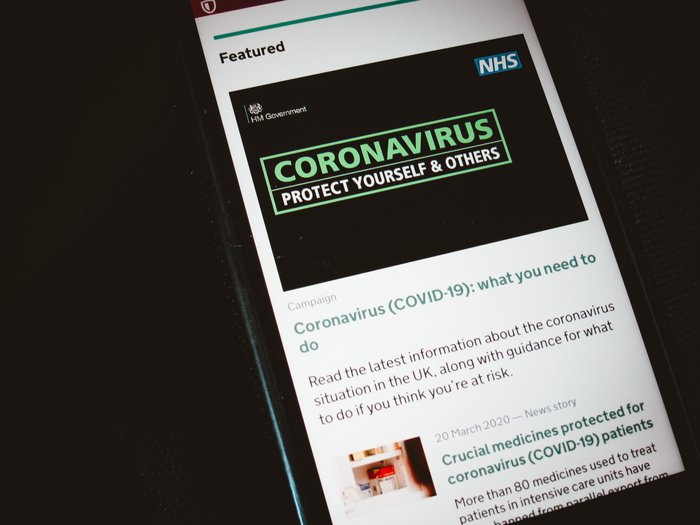People with blood cancer now make up a bigger proportion of coronavirus intensive care patients
United Kingdom
Our analysis shows the proportion of people in intensive care because of coronavirus – who also have blood cancer – increased between April and May.

*This article was amended on 21/05/2020
Our analysis of data from the Intensive Care National Audit and Research Centre (ICNRC) shows that on April 9, one in every 114 people in intensive care because of coronavirus had blood cancer.
But by May 14, this had increased to one in every 64 people, (or around 1.6%) showing that people with blood cancer made up a higher proportion of people in intensive care in May.
The reason for this rise is unclear. We had expected the number to go down because 115,000 people with blood cancer are among the “extremely vulnerable” group who the NHS has told not to leave their homes.
This data refers to people with ‘haematological malignancy’ which includes anyone with acute or chronic leukaemia, multiple myeloma or lymphoma, or who had been classified as having one of these conditions in the last six months.
Research has shown that, along with organ transplantation, blood cancer is the health condition that most increases people’s risk of becoming seriously ill with coronavirus. Given this, we're calling on the Government and the NHS to make sure people with blood cancer get the support they need to shield.
We're also urging the Government to make sure everyone with blood cancer gets a letter confirming they should be shielding.
Our coronavirus survey has suggested thousands of people with blood cancer who were expecting a shielding letter have not received one yet, potentially putting their health at risk.
We're also calling for analysis of data from people with blood cancer who contract coronavirus to be made a national research priority.
Gemma Peters, our Chief Executive, said: “We'd expected the proportion of people with blood cancer in intensive care due to coronavirus to go down over time, as shielding starts to take effect. The fact that we have seen the proportion increase at the same time people with blood cancer have been told to stay home is extremely worrying and raises serious questions.
"We're concerned that many thousands of people with blood cancer have still not received letters telling them to shield. People have struggled to prove to employers that they should not be at work, and found it difficult to get priority food deliveries.
"It may be that some people with blood cancer haven’t received a letter, and are wrongly assuming they aren’t supposed to be shielding – potentially putting their health at risk.
"Given that it seems almost certain that people with blood cancer will need to stay at home beyond June, the Government needs to put in place the right support to help them do that.
"Many people have told us they're struggling with mental health and are worried about their finances. So it’s vital the government gives them more support over the coming months of shielding than it’s given them in the first months.
"Also, to be able to move to a more sustainable and evidence-based approach to reducing risk for people with blood cancer, we need to make collecting and analysing data on people with blood cancer, who get coronavirus, a national priority.”
